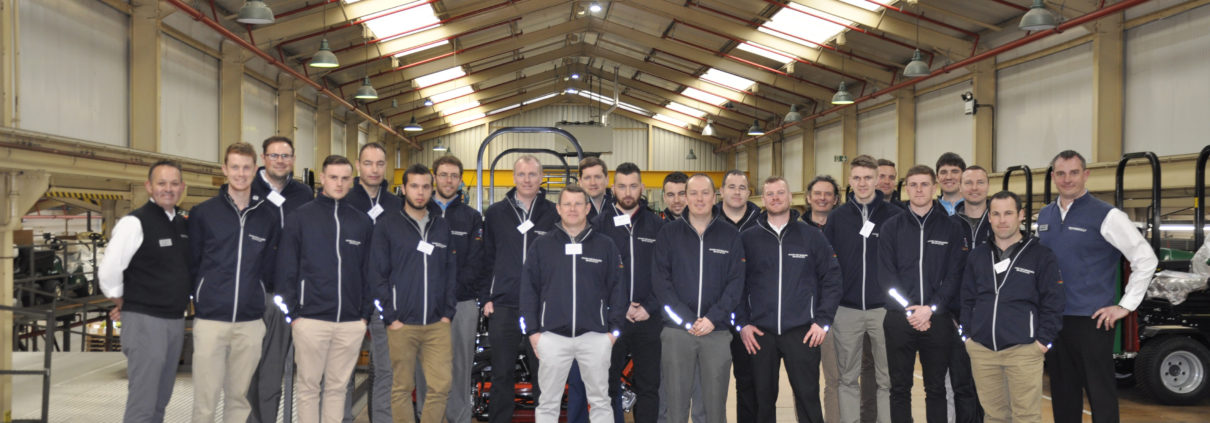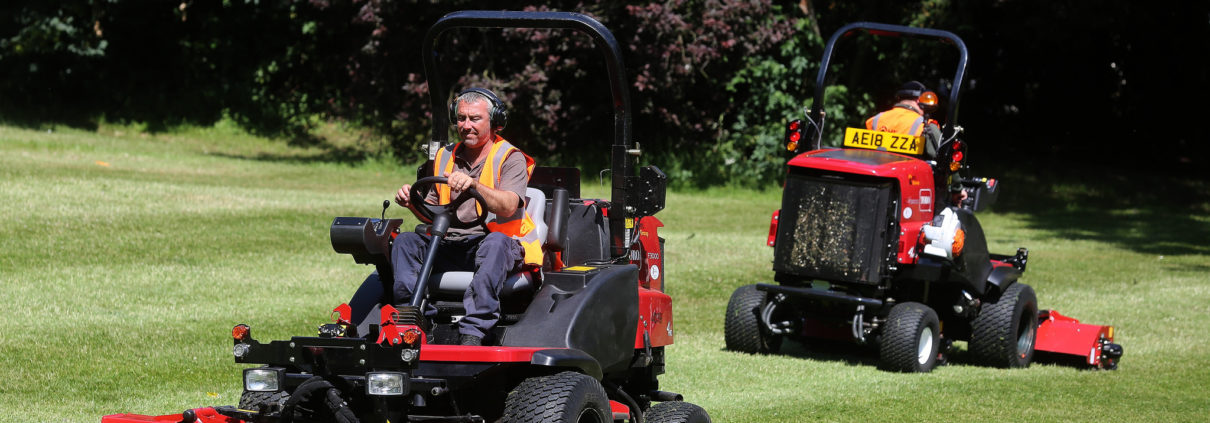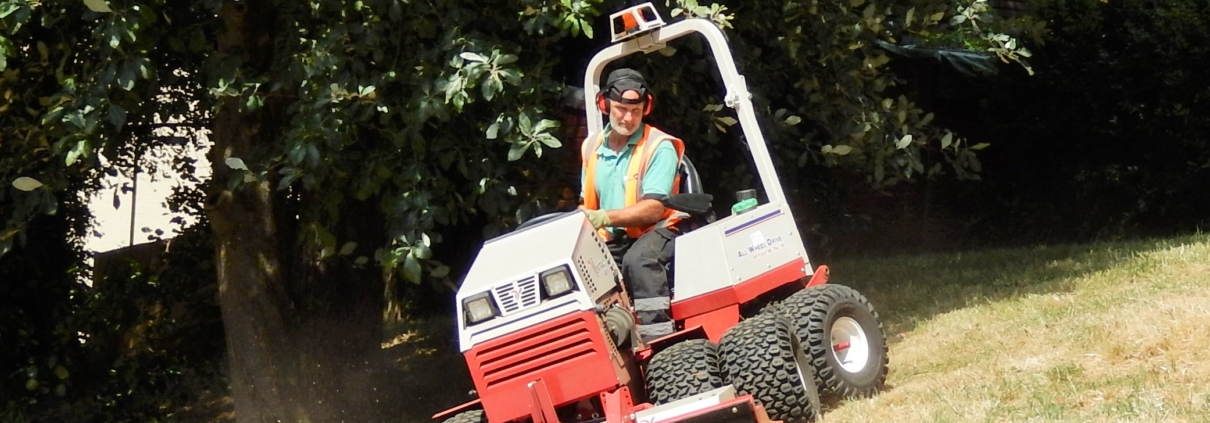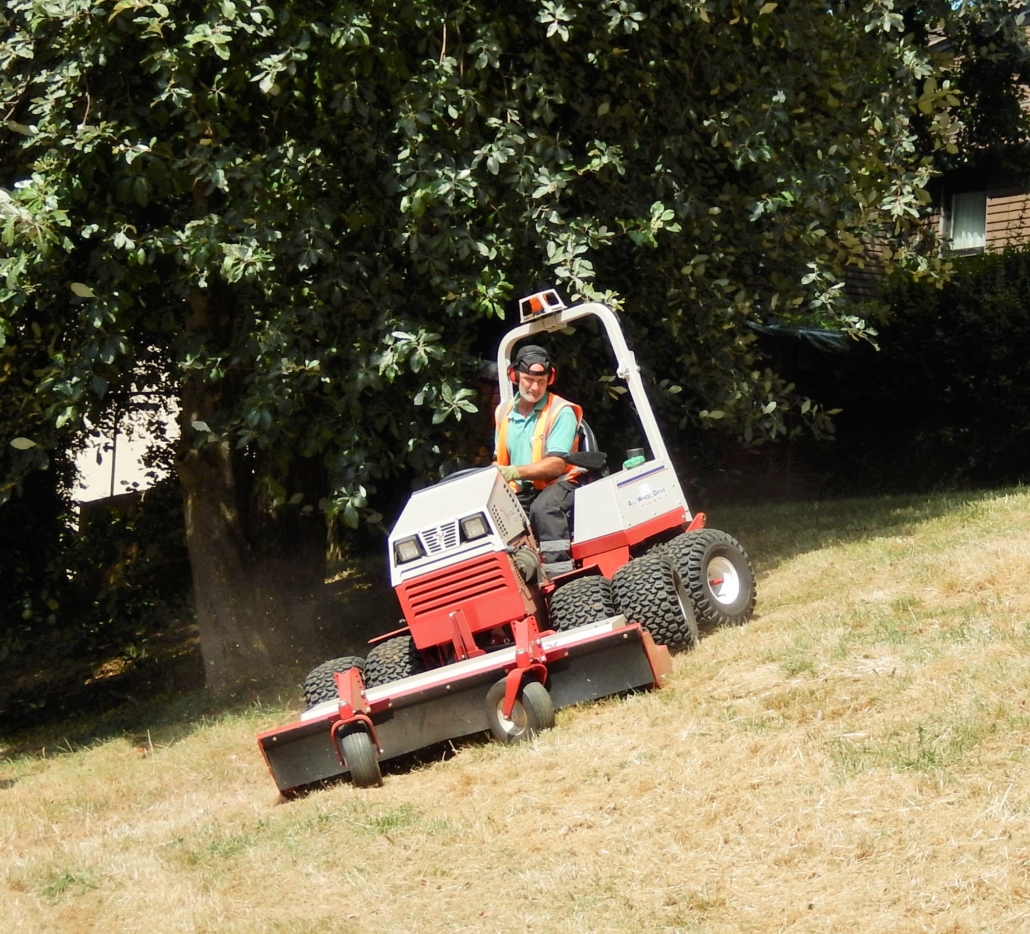BIGGA Members To Take Part In FTMI
BIGGA Members To Take Part In FTMI: Each year Jacobsen, a Textron Golf brand, invites 20 ambitious greenkeepers to its headquarters in Ipswich to undertake high quality education designed to help them take the next step into golf course management.
Each of the greenkeepers is a member of the British and International Golf Greenkeepers Association, which has worked alongside Jacobsen to provide the education programme for 20 members every year since 2013. FTMI was born in the UK but has rapidly expanded in the years since and has been introduced in Spain, Portugal, Australia and New Zealand.

Across two days of intense education, high quality speakers and experienced mentors, themselves course managers and head greenkeepers, will provide candidates with a wide range of knowledge and skills that will prove invaluable as their careers progress.
BIGGA is proud to reveal the members who have been selected to take part in the 2019 edition of FTMI, to take place from Tuesday 5 to Thursday 7 March 2019.
The successful candidates for the “FTMI Class of 2018” are:
Andrew Wilson, deputy course manager, Whitecraigs Golf Club;
Ben Hunter, deputy course manager, The Richmond Golf Club;
Ben Williams, first assistant greenkeeper, Royal Cinque Ports Golf Club;
Christopher Jones, deputy course manager, St Anne’s Old Links;
Craig Berry, course supervisor, St Andrews Links Trust;
David Stewart, deputy head greenkeeper, Walmley Golf Club;
Edward Campbell, deputy course manager, Sandford Springs Golf Club;
Gareth Hunt, deputy head greenkeeper, Cricket St Thomas Golf Club;
Graeme Davidson, assistant greenkeeper, Murrayfield Golf Club;
James Bruder, deputy course manager, East Berkshire Golf Club;
James Cleaver, senior greenkeeper, The Belfry;
John Scurfield, first assistant, Morpeth Golf Club;
Luke Hine, deputy head greenkeeper, Gaudet Luce Golf Club;
Michael Hughes, deputy course manager, Scotscraig Golf Club;
Phil Worth, first assistant greenkeeper, Prestbury Golf Club;
Sam Sweetzer, assistant greenkeeper, Queenwood Golf Club;
Scott Corrigan, assistant greenkeeper, Royal Troon Golf Club;
Scott Logan, first assistant greenkeeper, Royal Bled Golf Club, Slovenia;
Simon Pyett, greenkeeper, Halesworth Golf Club;
Tim Brewster, deputy head greenkeeper, Reigate Hill Golf Club.
Jacobsen and BIGGA recognise the importance of preparing the next generation of greenkeepers to take on a management role at a golf club. FTMI has been designed to provide practical tools and guidance to help delegates pursue their career aspirations through this professional development course.

Karen Proctor, Director Global Marketing at Textron Golf, said: “Congratulations to all 20 delegates chosen to take part in FTMI 2019. Each year the number of applicants increases, giving us a very tough job to choose just 20!
“We are looking forward to welcoming the class of 2019 to Ipswich in March and providing a unique experience that will help the delegates on their way to achieving their career goals.”
Sami Strutt, Head of Member Development at BIGGA, said: “FTMI pushes our members out of their comfort zones. Each of the successful candidates will be at the point in their career where they are itching to take the next step in their career. But what does that mean in a practical sense and what skills do you need to learn that you may not gain in your day-to-day working life?
“FTMI provides 20 ambitious BIGGA members with the necessary skills to take that next step. Each year the education gets better and better as we find out more about what the delegates find most useful and relevant as they work towards their career goals.
“We’re delighted that so many FTMI graduates have built upon their experience and are now embarking upon careers in course management. I’m sure the same will soon be true of this year’s 20 delegates, who were all of an incredibly high standard.”
For a closer look at FTMI, check out this video on the BIGGA YouTube page: https://youtu.be/xbl8mjt1dUY
For the latest industry news visit turfmatters.co.uk/news
Get all of the big headlines, pictures, opinions and videos on stories that matter to you.
Follow us on Twitter for fun, fresh and engaging content.
You can also find us on Facebook for more of your must-see news, features, videos and pictures from Turf Matters.

















